Annual Workshop
Annual Workshop on Russian and Eurasian Modernisms
Inaugurated in 2012 at UIC, the Workshop on Russian & Eurasian Modernisms is an annual event (suspended during peak pandemic) that brings together a small group of scholars from across the country who work on issues related to the production and reception of Russian culture, primarily in the twentieth century. The Workshop now alternates between Chicago and Los Angeles as a way to contribute to and reflect UIC's and USC’s positions as centers for the advanced study of Slavic modernisms. The goal is to bring together scholars who will illuminate a particular topic from various methodological and analytical perspectives, and to give these scholars the opportunity to share their work in an intimate forum that allows for extended discussion.
2025: Scale
Scale became an important hermeneutic as scientific discoveries and technological advances in the modern era drew attention as never before to the quantities too large or too small for the unequipped human perception. Humans suddenly came to face the fact that the environment around them was swarming with invisible particles while new technologies were registering the behavior of microorganisms and the movements of electrons. Geological findings threw into vivid relief the unfathomably remote past and introduced the possibility of an earth before humans. Advances in modern travel allowed humans to apprehend the scale of the world’s mass viscerally, both expanding and constricting its distances. The increased ease of travel led to the growth of the field of archaeology, enabling humans to perceive the magnitude of the past behind them. Spectroscopy and advances in photography made it feasible to examine the makeup of the stars and understand the origin of the universe. The natural sciences thus played a critical role in shaping a sense of being or becoming modern.
The Workshop aims to explore how modernist culture registered the shock of the newly acquired extension and magnification of human sense perception along the infinitely small and infinitely large vectors and how it responded to these radical reconfigurations of scale. While tools of scale put physical objects into relationship with one another and privilege a mathematically based sense of relations, they also urge us to think comparatively, which is what we as scholars of the humanities do. Similarity and contiguity are discursive scales that establish intelligibility: to put the unfamiliar in recognizable terms relies on comparative thinking, which may operate on the planes of aesthetics or affect rather than size, heft, value, or importance.
We invite participants to reflect on questions such as:
How have problems of scale manifested themselves in literature and culture? What kind of solutions have been proposed or imagined?
How does scale operate as epistemological devices? What are the shortcomings and blind spots of scale in producing knowledge?
What kinds of scale are available to establish relationality between abstract or intangible entities?
What kind of nomenclature can we use for scales of reliability and credibility that go beyond good, better, best?
Past Workshops
Workshop 2024
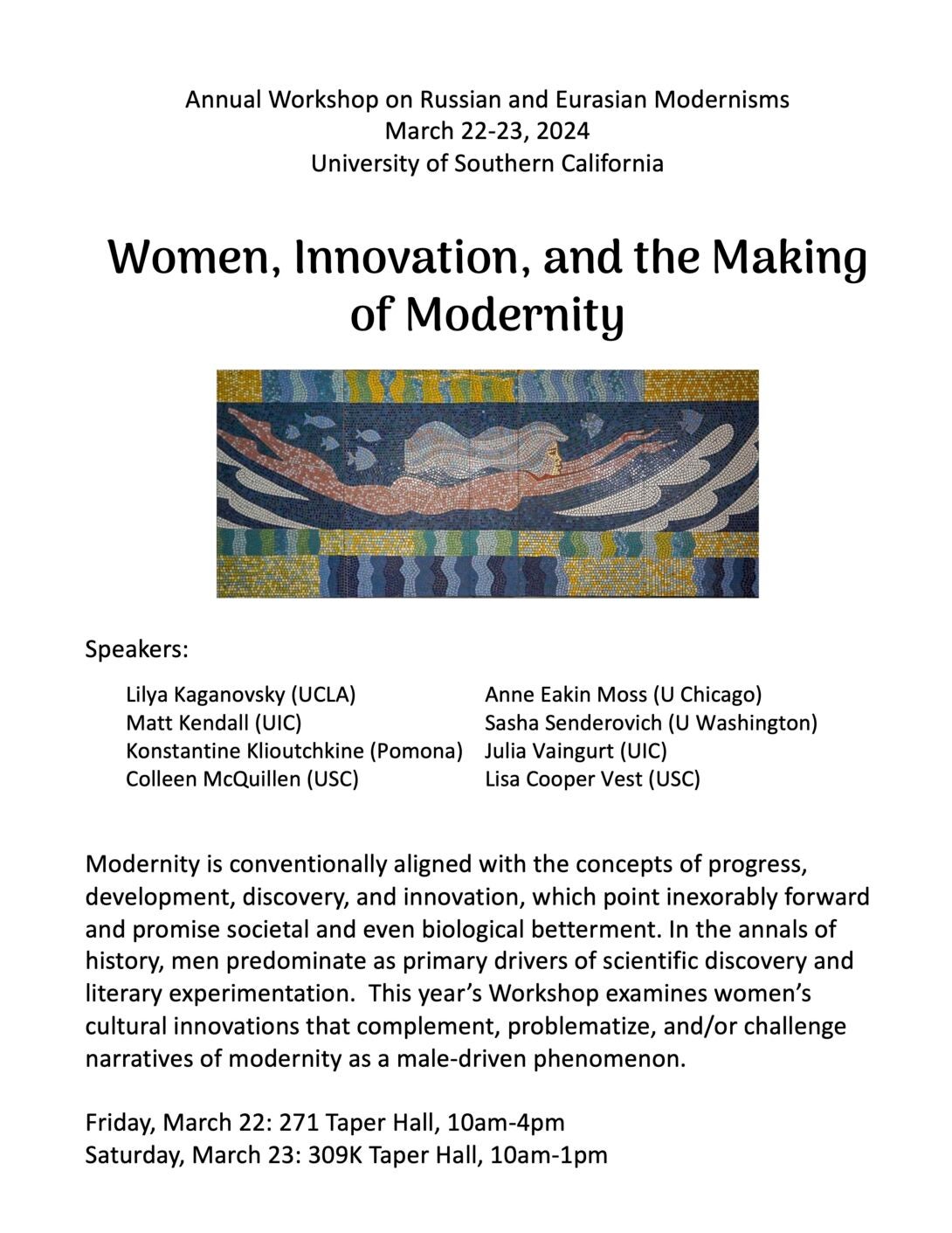
Held at USC.
Hybridity
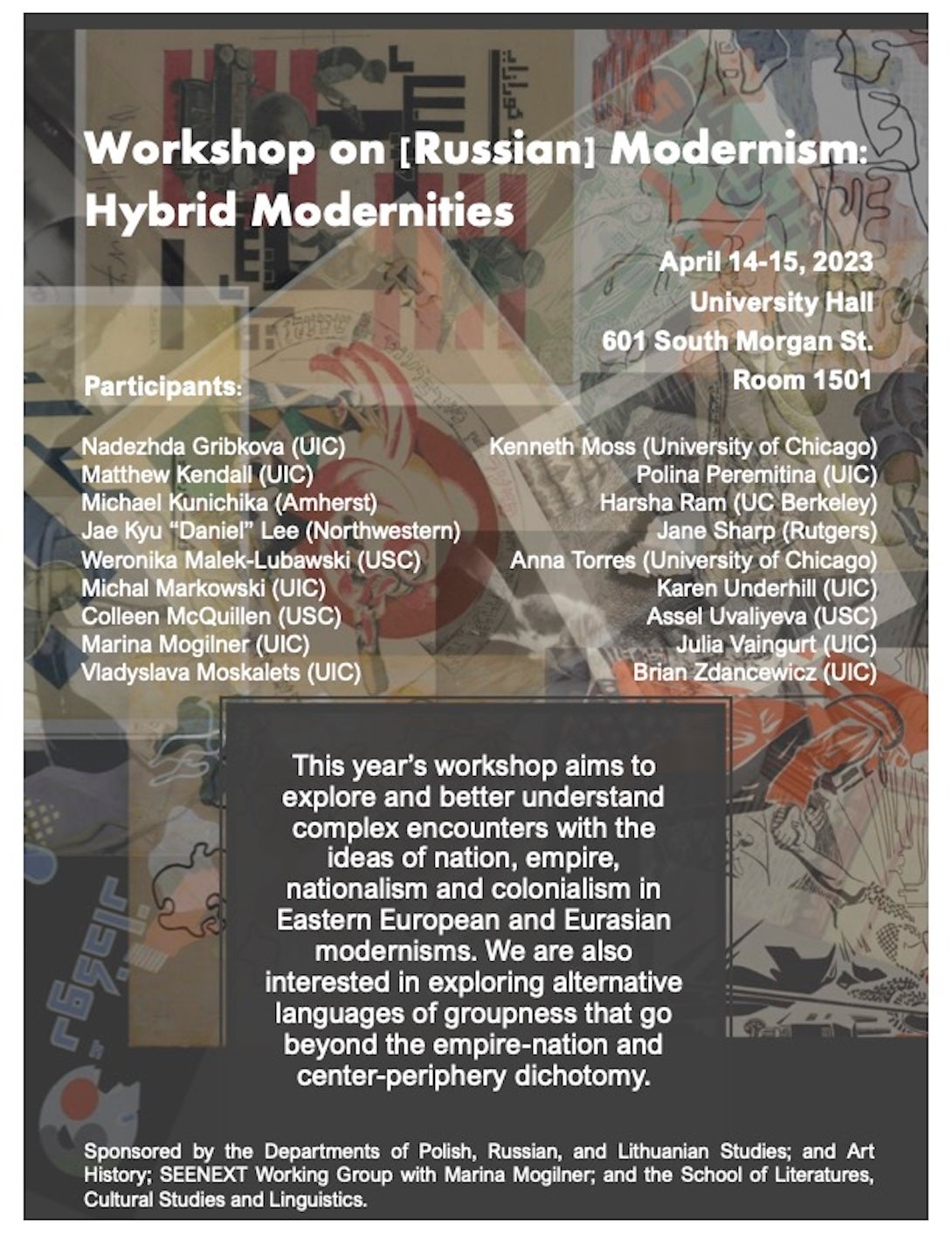
Held at UIC.
Workshop 2022
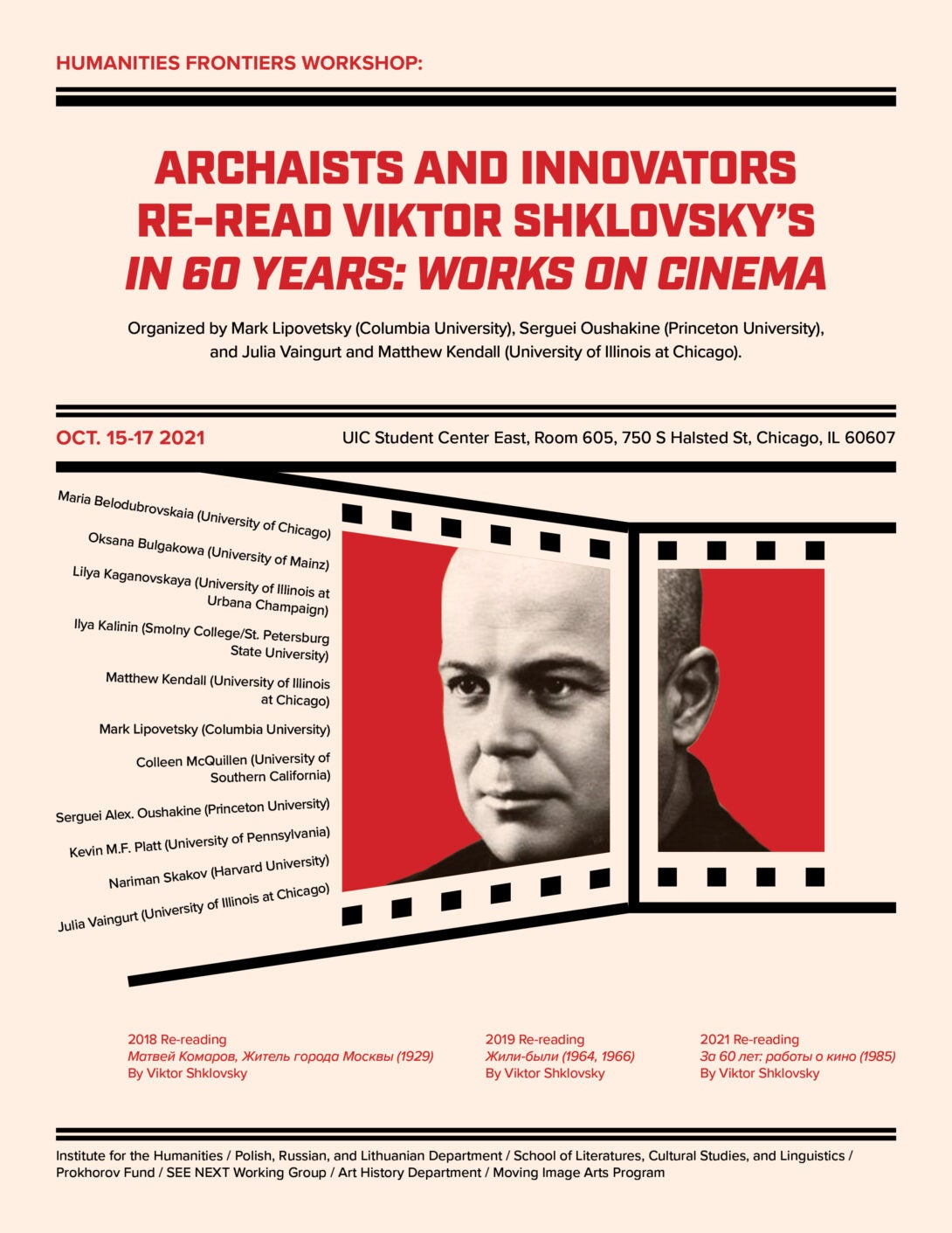
Held at UIC.
Workshop 2019
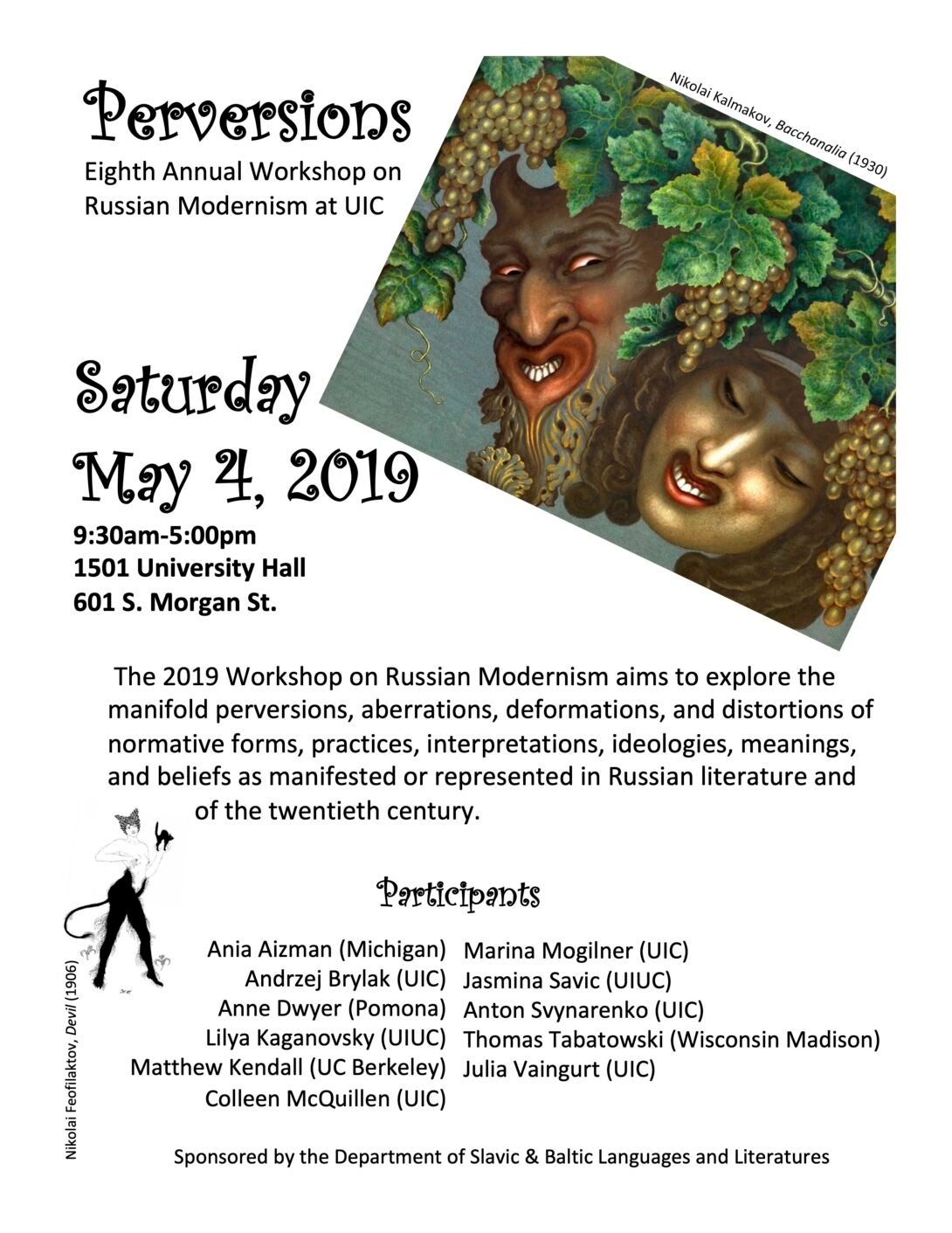
Held at UIC.
2018 Poster
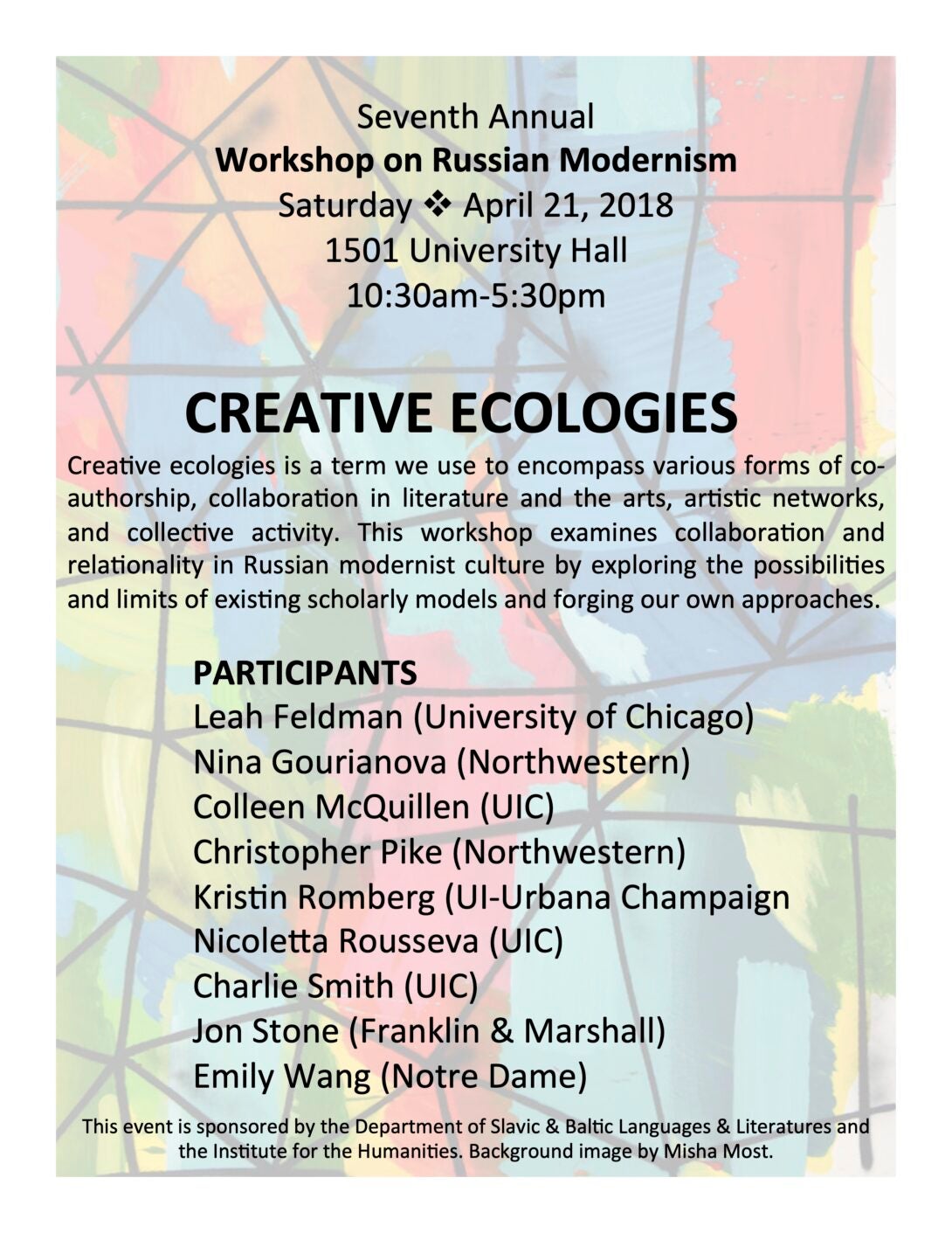
Held at UIC.
2017 Poster
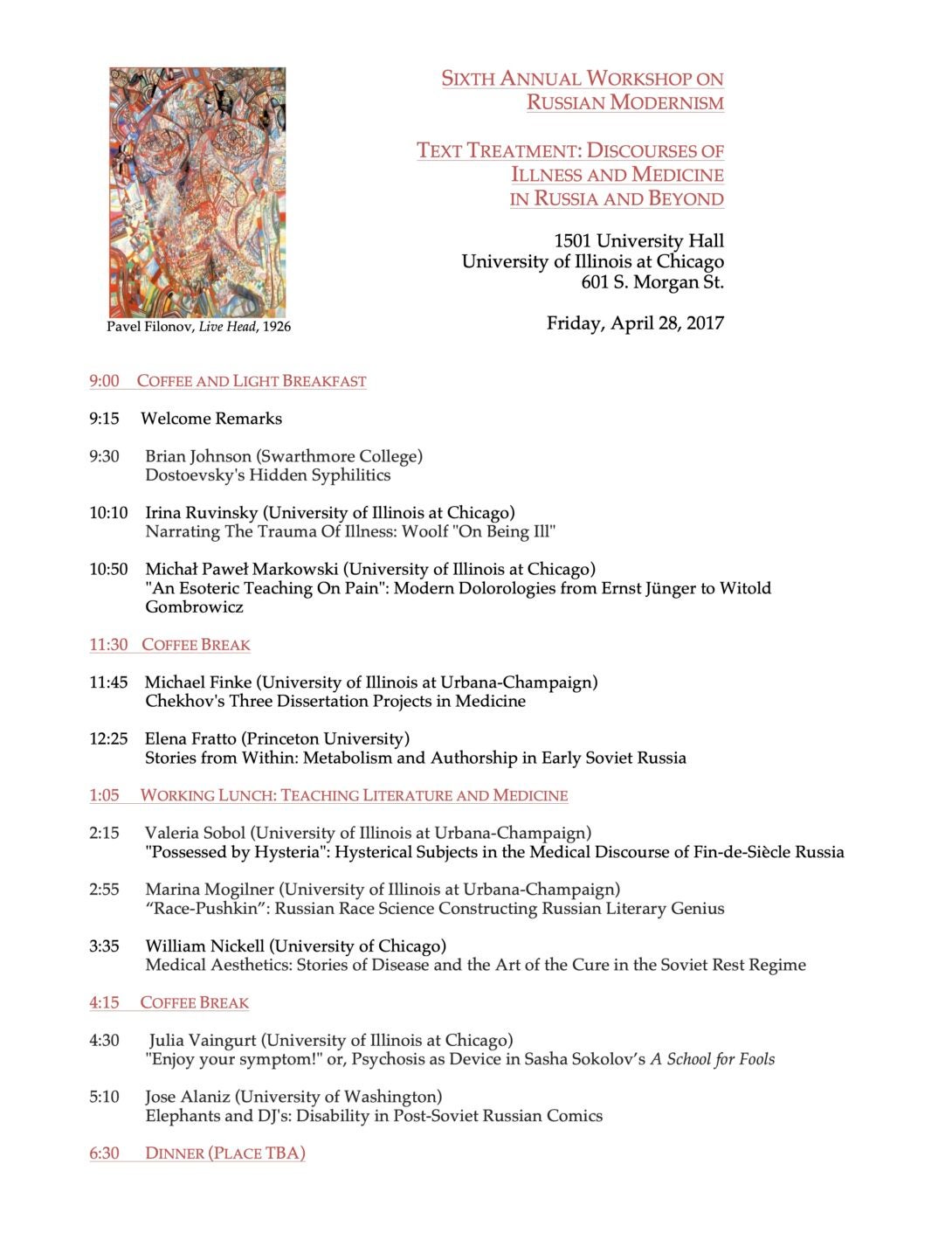
Held at UIC.
Title
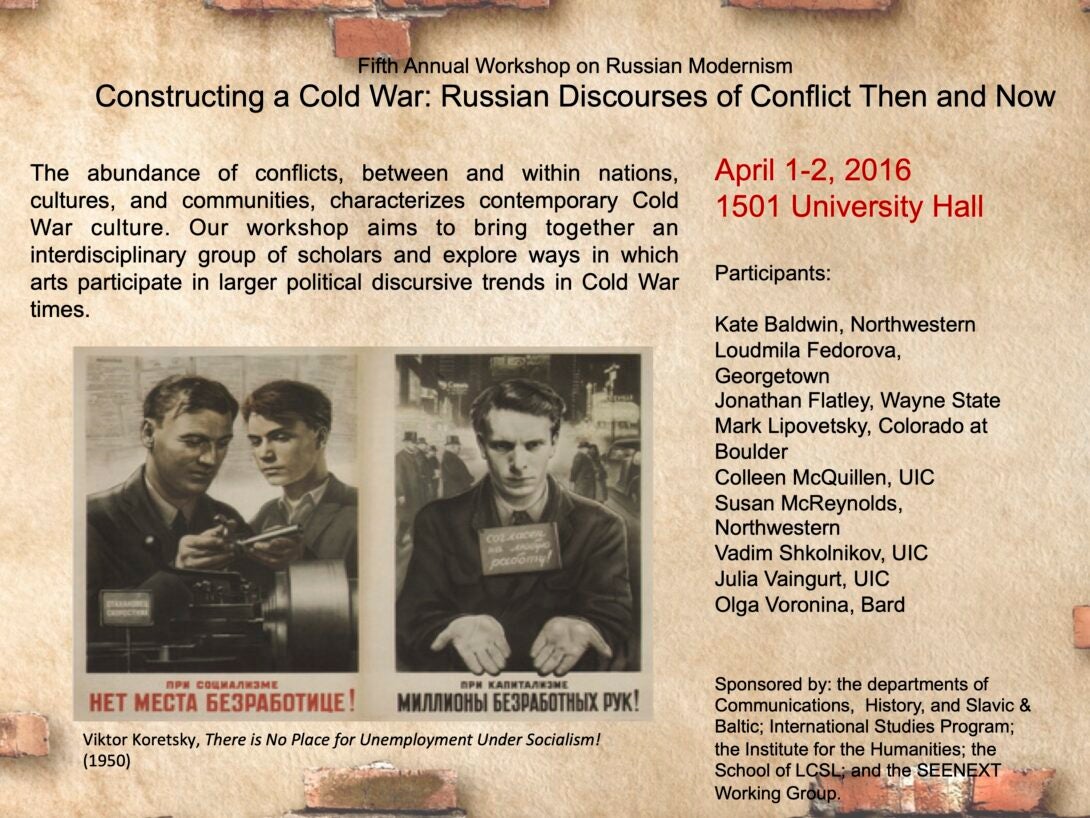
Held at UIC.
Title
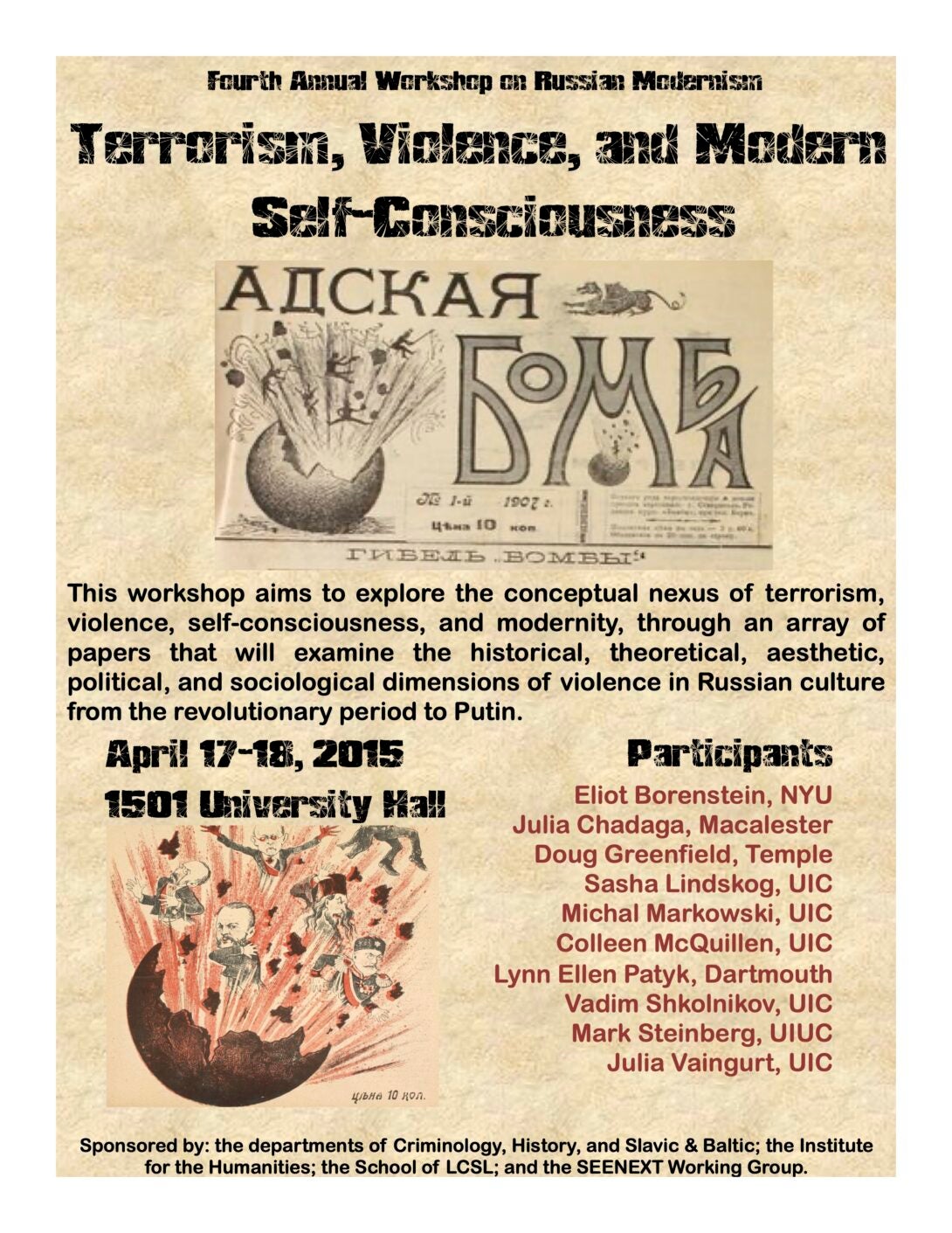
Held at UIC.
title
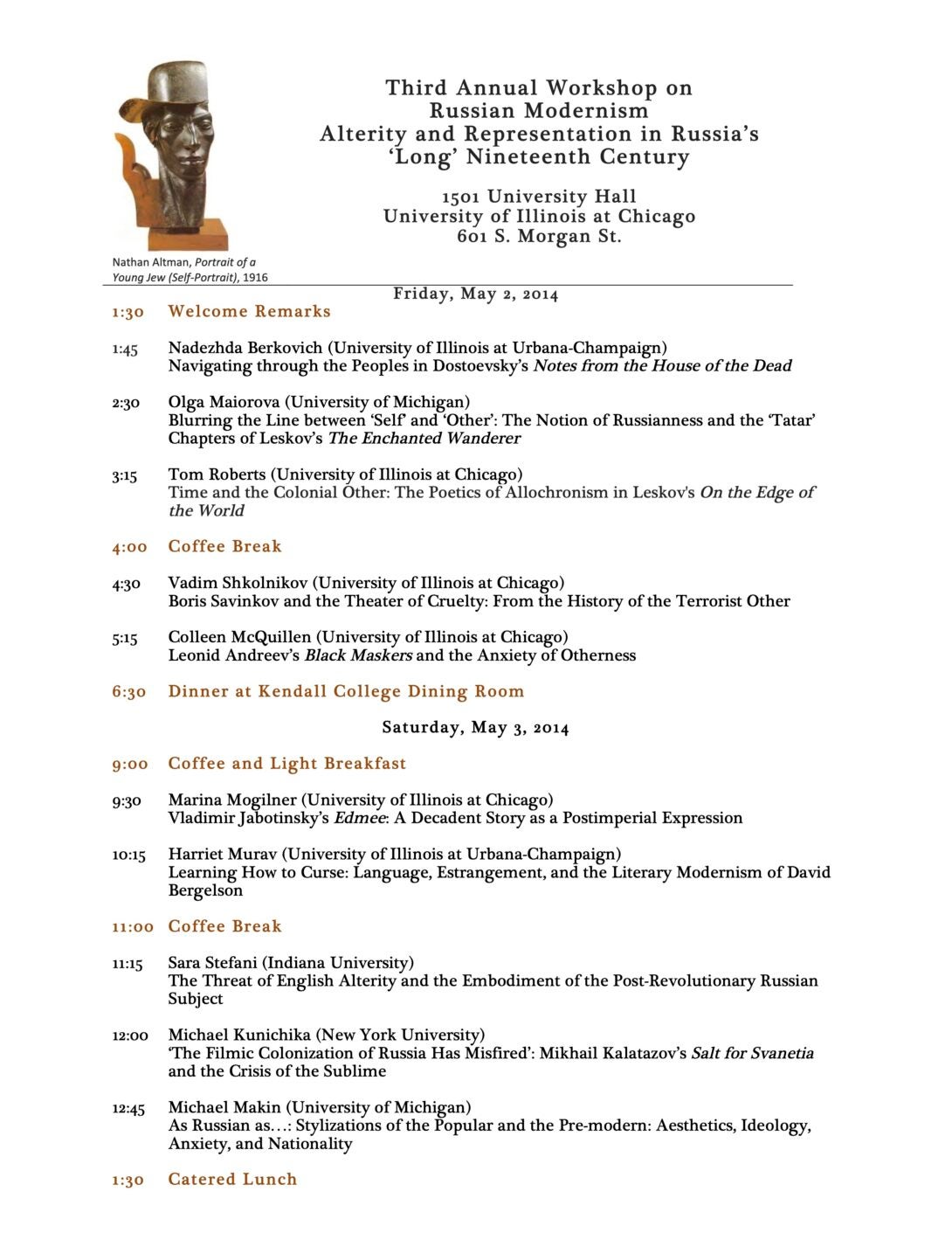
Held at UIC.
Title
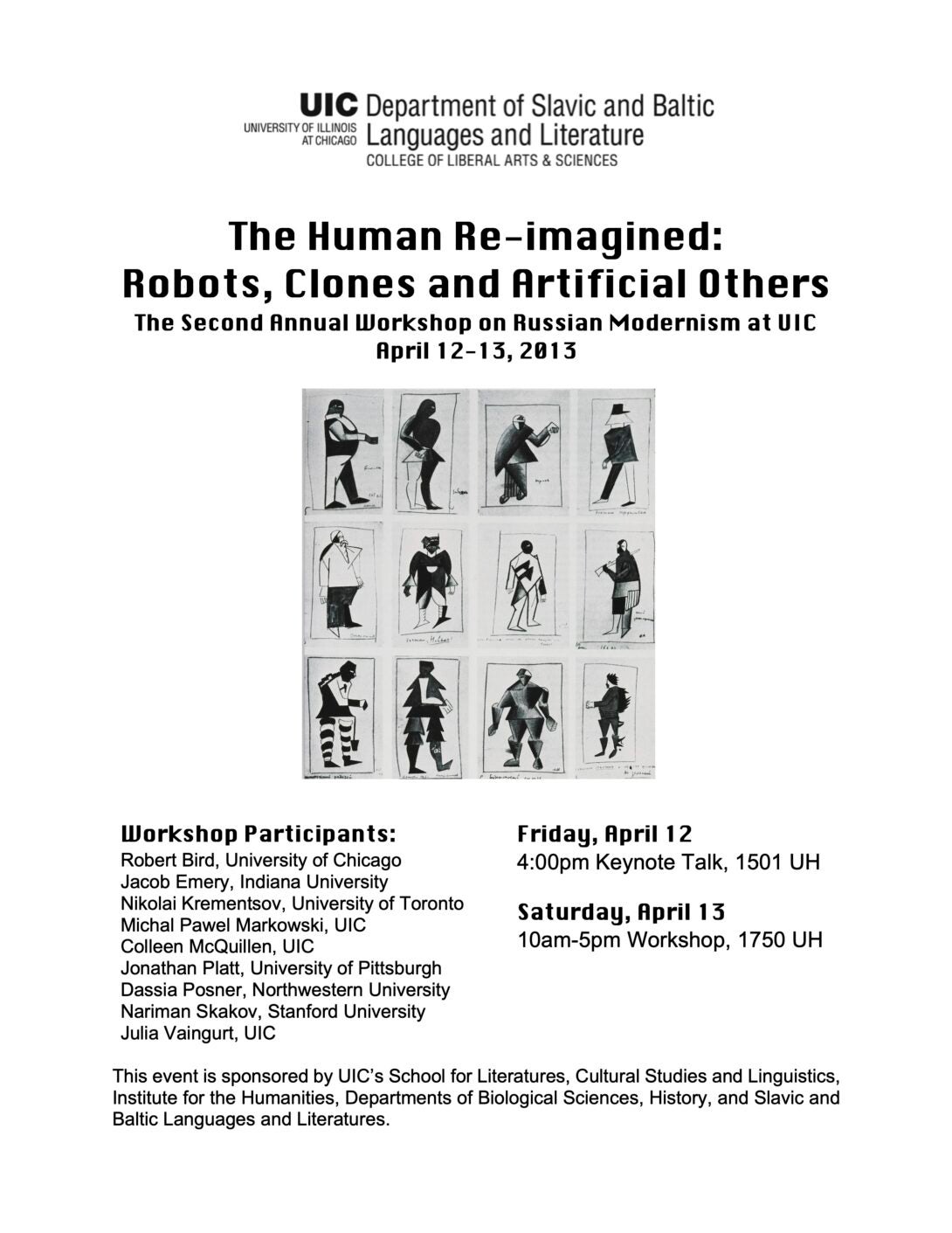
Held at UIC.
2012
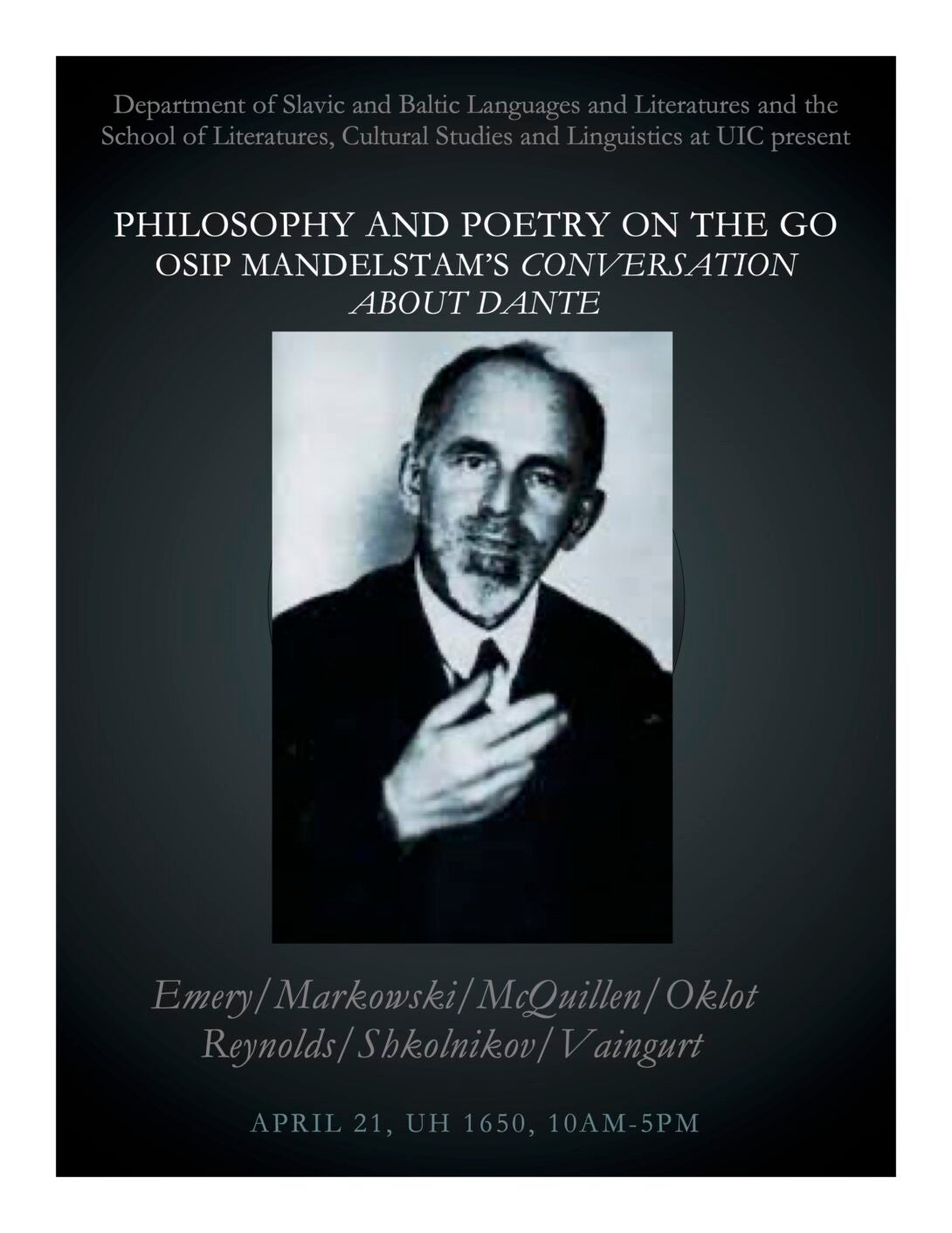
Held at UIC.